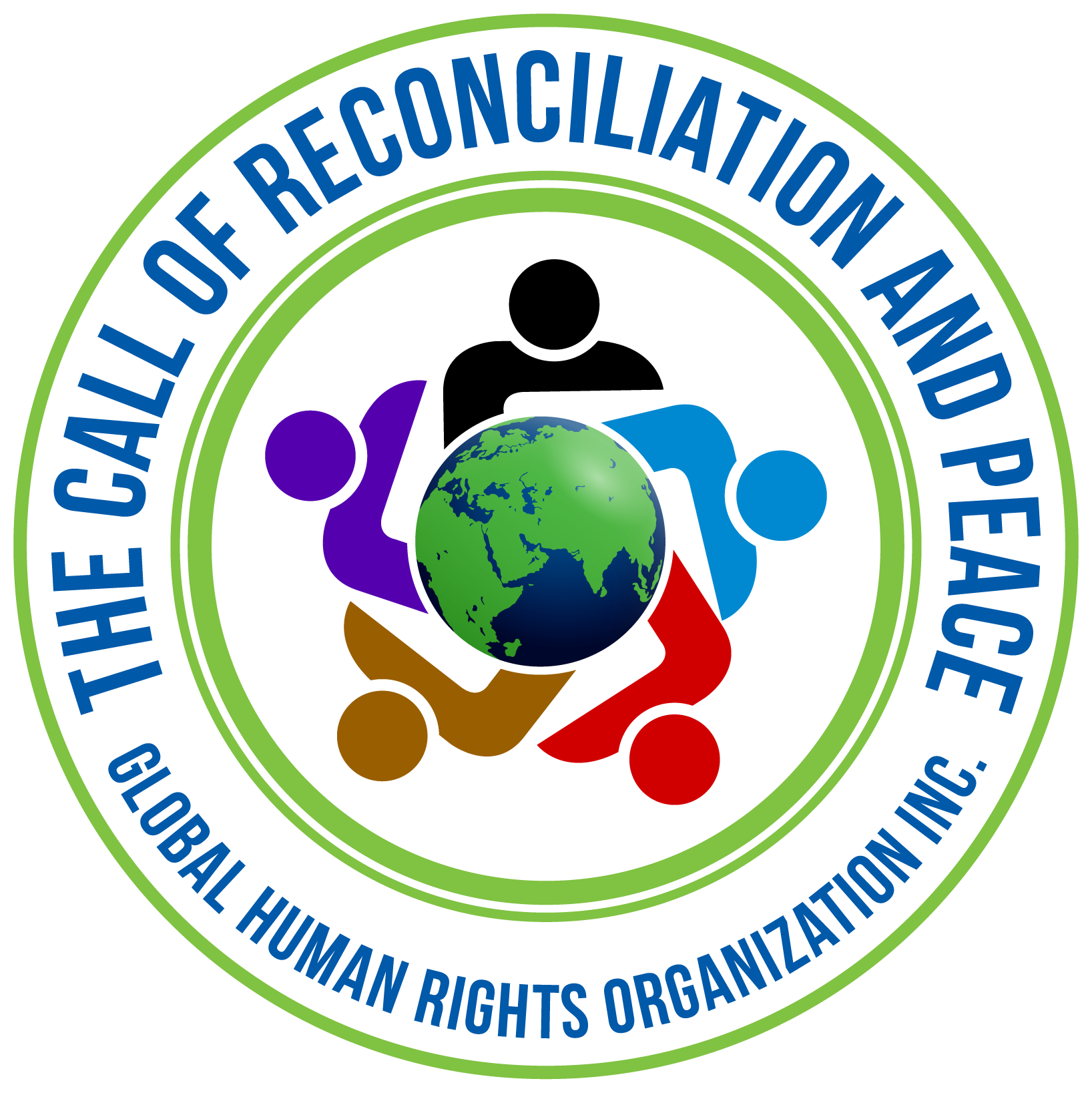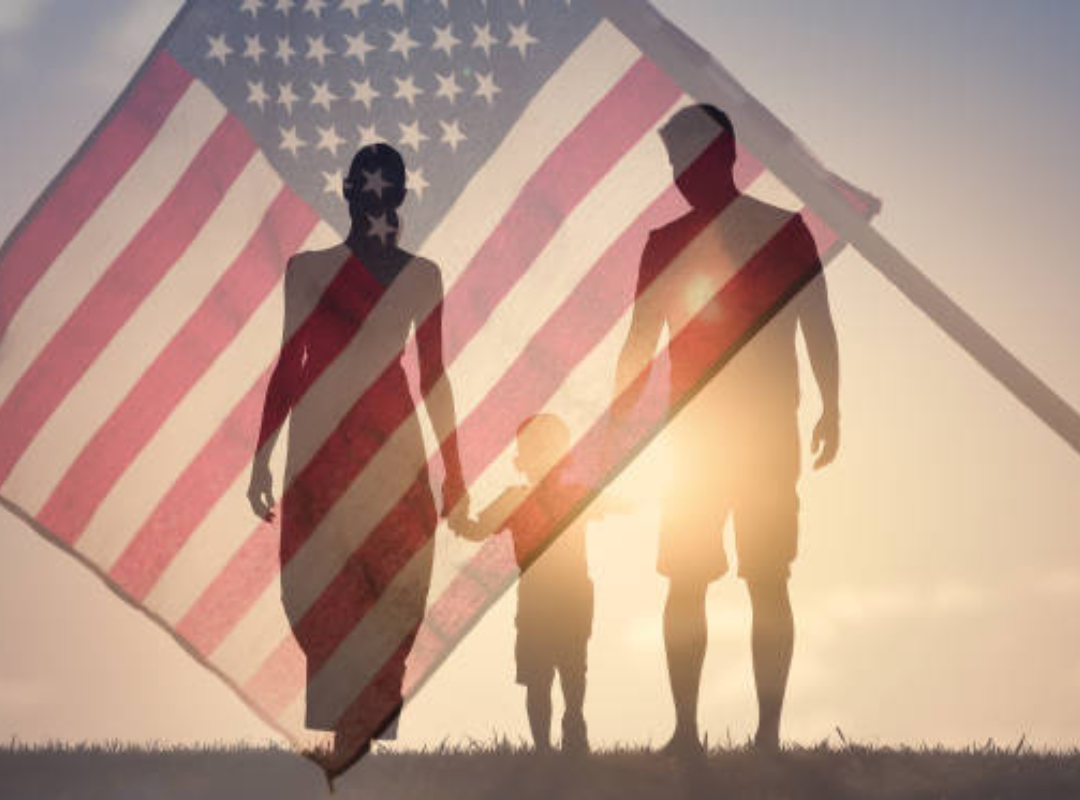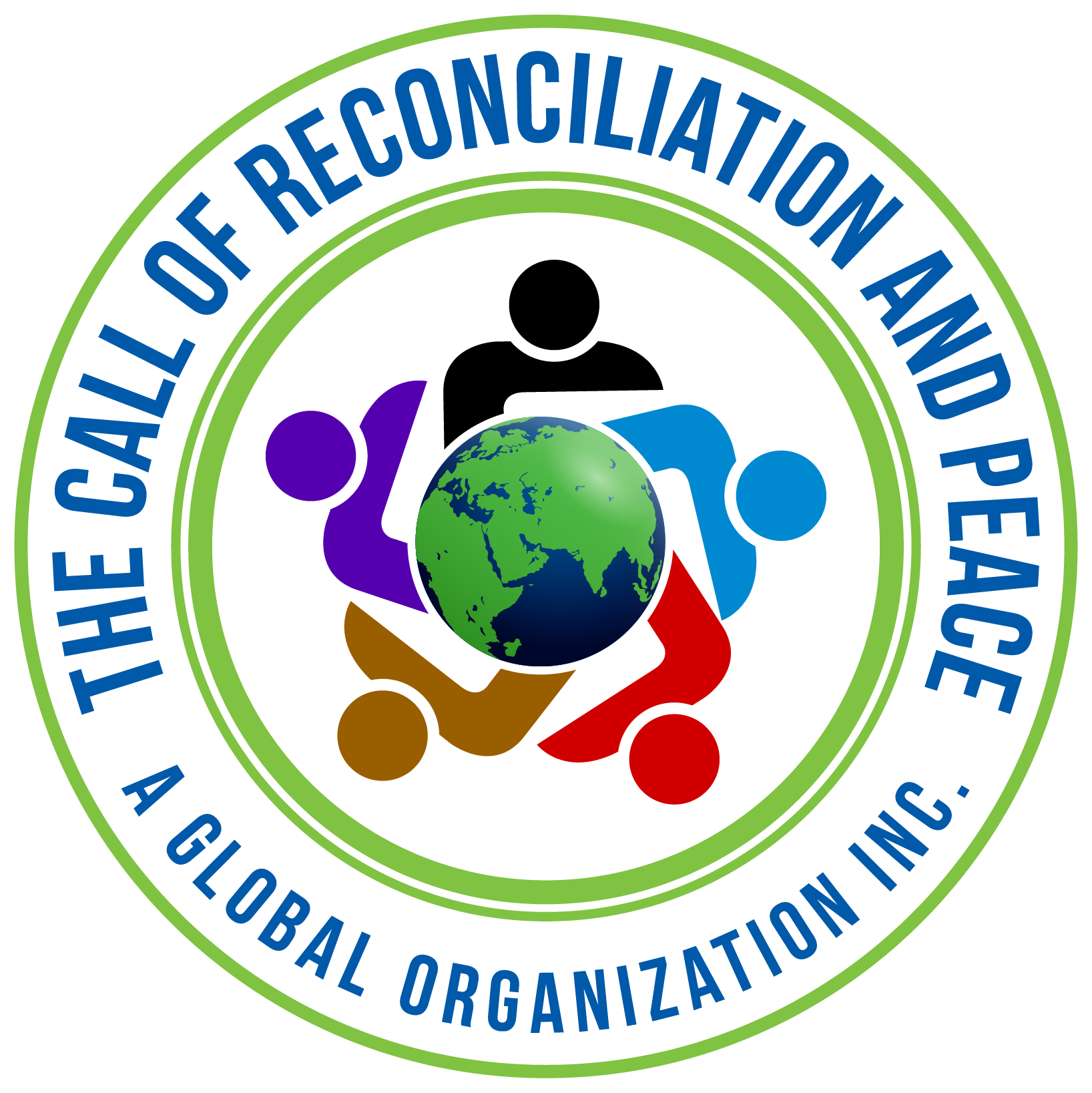In America, reconciliation is not just an idea; it is an essential process of practice. Why reconciliation matters? Reconciliation involves healing wounded bonds, promoting understanding, and creating bridges across difficult barriers. These divisions are deeper and unstable than ever in modern-day America. The nation is enduring severe wounds that affect individuals, communities, and the nation at large. These wounds range from economic inequality and cultural divisions to racial injustice and violent political polarization. The significance of reconciliation stems from this. In order to promote group healing, it provides the opportunity to admit faults, identify points of agreement, and let go of blame. In a time when distrust and conflict threaten our shared destiny, reconciliation in America is a call to compassion, action, and unity.
The Current Landscape of Division in the US
Political split in the United States is a major contributing cause to the worrisome levels of social divides in America. Political division in the US has increased recently; according to 2020 data, 78% of Americans thought the nation was more divided than ever. This ideological divide frequently results in deadlock in Congress and little real progress on urgent problems. Furthermore, studies show that racial inequality and disparities in wealth persist in the nation, with Black Americans detained at a rate that is more than five times greater than that of white Americans.
Consequently, a country whose communities are increasingly split along racial, class, and political lines is fueling social instability. Because people are separated and skeptical of one another, these differences damage not just unity in society but also the foundation of individual lives by limiting the possibility of healing and progress as a whole. Community-driven efforts, such as initiatives offering Christmas gifts for kids donations in Georgia, play a vital role in bridging these divides. Acts of generosity like these help foster a spirit of unity and compassion, showing that racial reconciliation can bring much-needed relief to the disruption in the US.
What Is Reconciliation and Why Does It Matter
Reconciliation is all about healing what’s been broken, whether it’s between people, communities, or even inside bigger systems. It goes beyond simply apologizing and moving on. Why reconciliation matters? It promotes confessing guilt, developing compassion and understanding, and sometimes extending or receiving forgiveness. More than that, though, genuine transformation is necessary for genuine reconciliation, addressing the underlying reasons for the suffering to prevent it from recurring.
Our efforts to promote reconciliation also result in the development of more inclusive, reliable, and peaceful societies. By working closely with communities, we support local activities in Georgia that align with these values. The ultimate goal is to construct healing divides in America, a future where our way of life is based on fairness, respect, and peace.
Examples of Reconciliation in Action
Reconciliation efforts in America take many forms, from small community-led initiatives to large-scale national programs. Each one plays a vital role in healing divisions and rebuilding trust.
One powerful example is the Truth and Reconciliation Commission in Greensboro, North Carolina, which addressed the 1979 Greensboro Massacre. Community leaders, survivors, and citizens came together to confront the past, examine racial injustice, and create a roadmap for healing. This grassroots initiative showed how community reconciliation can start with truth-telling and collective reflection.
In Ferguson, Missouri, after the 2014 police shooting of Michael Brown, local churches and residents launched healing circles and racial justice dialogues. These gatherings provided a safe space for open conversations about race, policing, and systemic inequality. The efforts helped build bridges between residents and law enforcement and emphasized the importance of listening and empathy in reconciliation stories.
At a national level, the EJI’s (Equal Justice Initiative) Community Remembrance Project invites communities across the country to memorialize victims of racial terror lynchings. Through public ceremonies, historical markers, and education, the project not only honors lives lost but also encourages collective acknowledgement and reconciliation.
On a bipartisan front, the American Values Coalition has created local initiatives that bring conservatives and progressives together to find common ground on tough issues. These community reconciliation efforts promote civil discourse and understanding across political divides, showing that even in polarized times, healing is possible.
Each of these reconciliation stories in America shows that change starts with honest conversation, empathy, and a willingness to face the past together.
How You Can Support or Participate in Reconciliation
Reconciliation and building a stronger community can be accomplished in several simple yet important ways.
- Pay attention to what others are saying to learn more about their experiences, especially those from different backgrounds.
- Discover the historical injustices and systemic issues that continue to drive communities apart.
- Give your time to neighborhood groups that promote equity, justice, and healing.
- Participate in town halls, healing circles, or interfaith conversations to support reconciliation efforts and dialogue initiatives.
- Contribute to peacebuilding organizations. Get involved in reconciliation that fosters harmony and aid in fortifying ties within the community.
- Spread knowledge and instructional materials among your contacts to assist in increasing awareness.
- Be humble and empathetic, especially while having difficult conversations, and keep an open mind.
- Share resources and information to raise awareness in your own networks.
- Practice empathy and humility in conversations, even when they’re uncomfortable.
Conclusion
The road to reconciliation is a crucial source of hope, despite the fact that the divisions in modern America may appear overwhelming. We can start to fill the gaps between us by making the decision to have open discussions, work toward understanding, and implement significant change. This process is necessary because it promises better individual well-being, stronger communities, and a more equitable future. Even in the midst of severe historical pain, as the Greensboro example shows, a dedication to truth and self-reflection may create the groundwork for a more united and just future. An investment in the future we wish to create is reconciliation.



